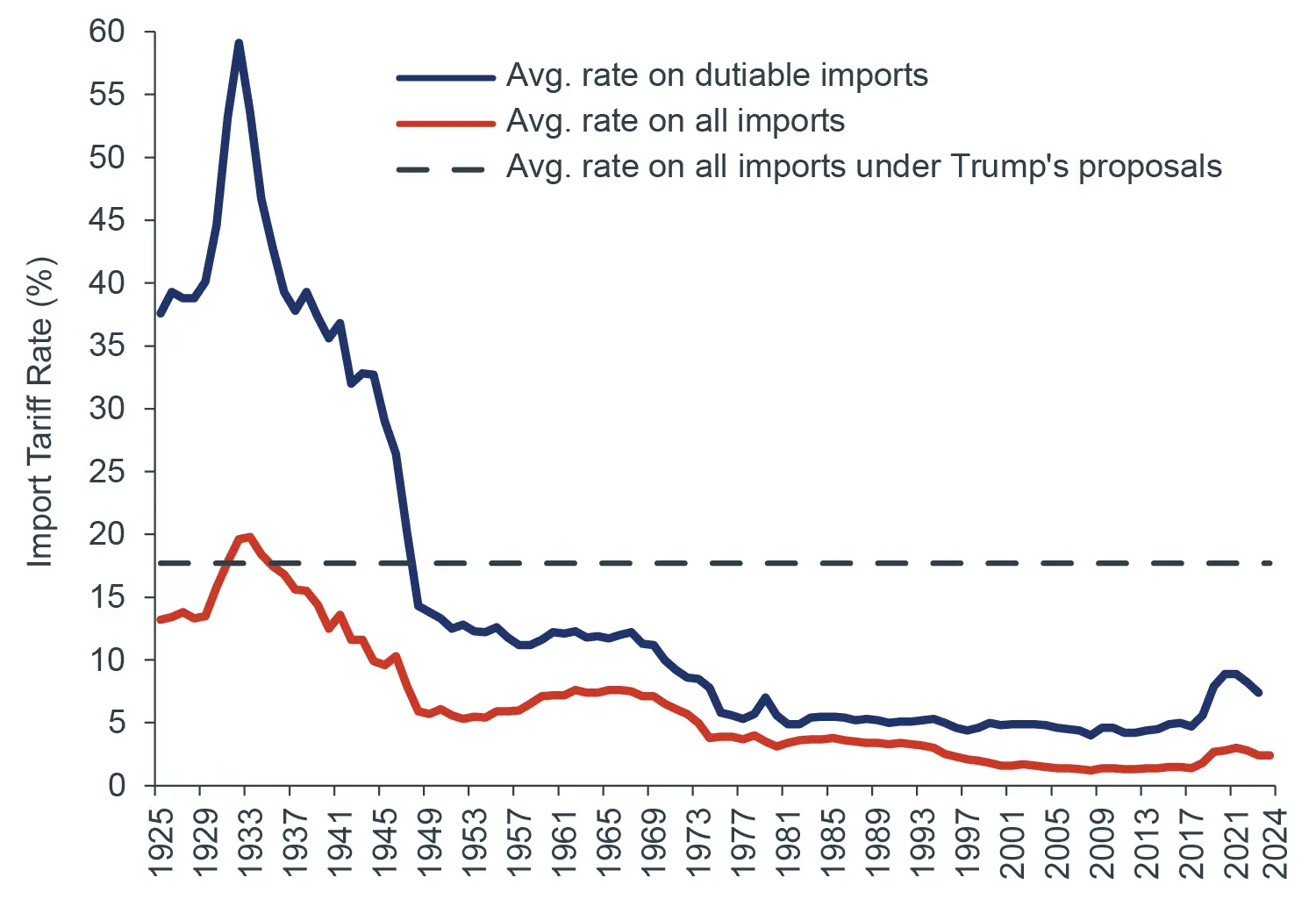As digital assets grow in popularity, one of the most important questions among Indian users is: Is crypto legal in India? With millions of Indians investing in cryptocurrencies like Bitcoin, Ethereum, and other altcoins, clarity on the legal status of crypto trading, holding, and taxation is becoming increasingly important.
Is crypto legal in India?
Yes, crypto is legal in India—but with important caveats.
As of now, cryptocurrencies are not banned in India, and individuals are legally allowed to buy, sell, and hold digital assets. However, the government does not recognize crypto as legal tender (meaning, you can’t use it to pay for goods or services like the Indian rupee).
Key points:
- Cryptocurrencies are not banned in India.
- It is not recognized as legal tender.
- Crypto trading is allowed on regulated exchanges.
- Profits from crypto are taxable as per Indian law.
Government Regulations and Developments
- Supreme Court Ruling (2020)
In 2018, the Reserve Bank of India (RBI) issued a circular prohibiting banks from dealing with crypto exchanges. However, in March 2020, the Supreme Court of India struck down this ban, allowing banks to once again provide services to cryptocurrency platforms. This was a major turning point for the Indian crypto ecosystem. - Crypto Taxation in the Union Budget 2022
In February 2022, the Indian government introduced a clear tax structure:
- 30% tax on profits from the sale of cryptocurrency.
- 1% TDS (tax deduction at source) on all crypto transactions above a certain limit.
- Losses from crypto cannot be offset against other income.
This tax policy indicates that the government is not banning crypto but regulating it.
- Definition of Virtual Digital Assets (VDA)
The Income Tax Act has classified cryptocurrencies under a new category called Virtual Digital Assets (VDA). This legal recognition has clarified their treatment under the law, although they are not yet fully regulated like traditional financial instruments.

Is India planning to ban crypto?
There have been several rumors and even draft proposals suggesting a possible ban on private cryptocurrencies. However, so far, no such ban has been implemented. Government officials have also stressed the need for global coordination before a definitive regulatory framework is introduced.
India is exploring a digital version of its own central bank digital currency (CBDC), but this does not affect the legality of private cryptocurrencies.
What should crypto investors in India know?
If you are an investor wondering, “Is crypto legal in India?”, then you should keep in mind:
- You can legally invest and trade in crypto assets.
- Make sure to use trusted and compliant crypto exchanges operating in India.
- Maintain records of your transactions for tax purposes.
- Report your crypto income when filing your Income Tax Return (ITR).
- Be aware of the 1% TDS, which is automatically deducted on eligible transactions.
In short, crypto is legal in India, but not officially regulated or recognized as legal tender. The Indian government has moved towards regulating rather than banning cryptocurrencies by introducing tax laws and monitoring exchanges.
As regulatory clarity evolves, it is essential for investors to stay informed and comply with all applicable tax and legal obligations.
Is crypto legal in India? The answer is yes—just make sure to follow the rules.
Read Also: Ethereum Investment
![]()






One thought on “Is Crypto Legal in India?”